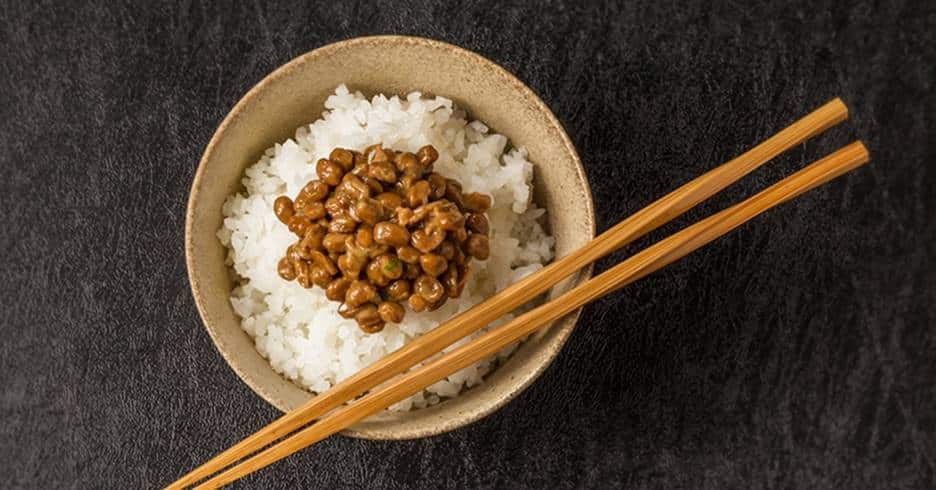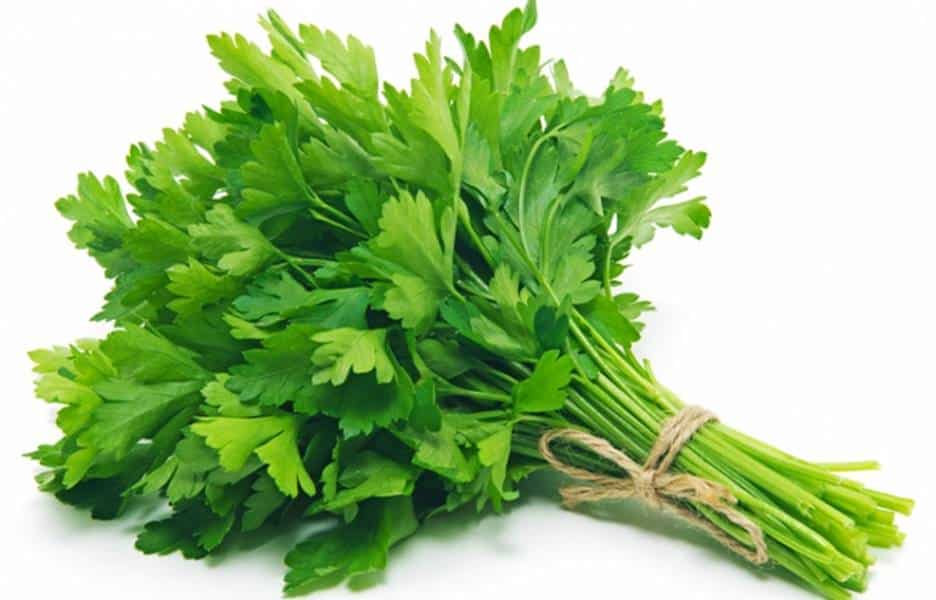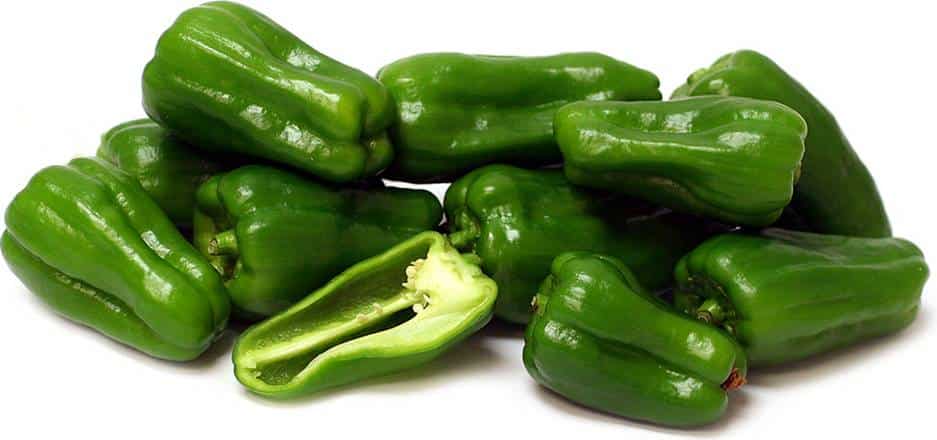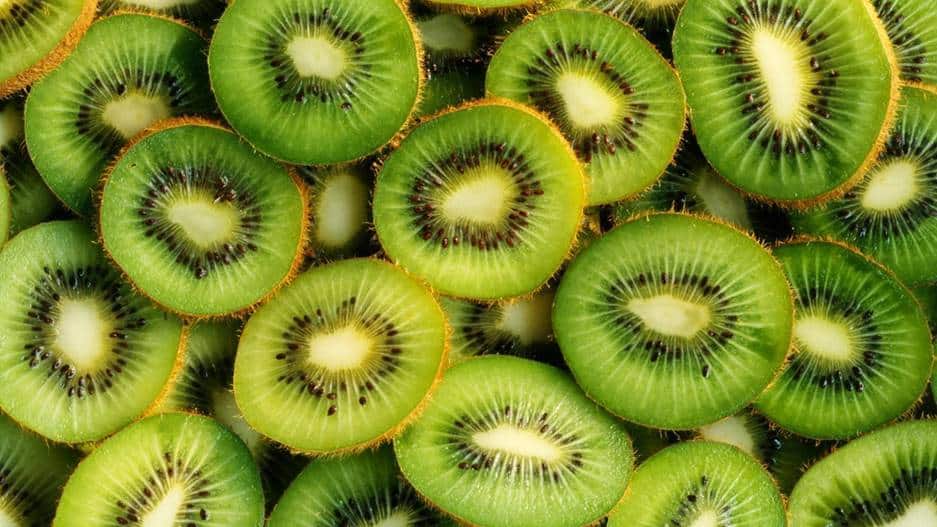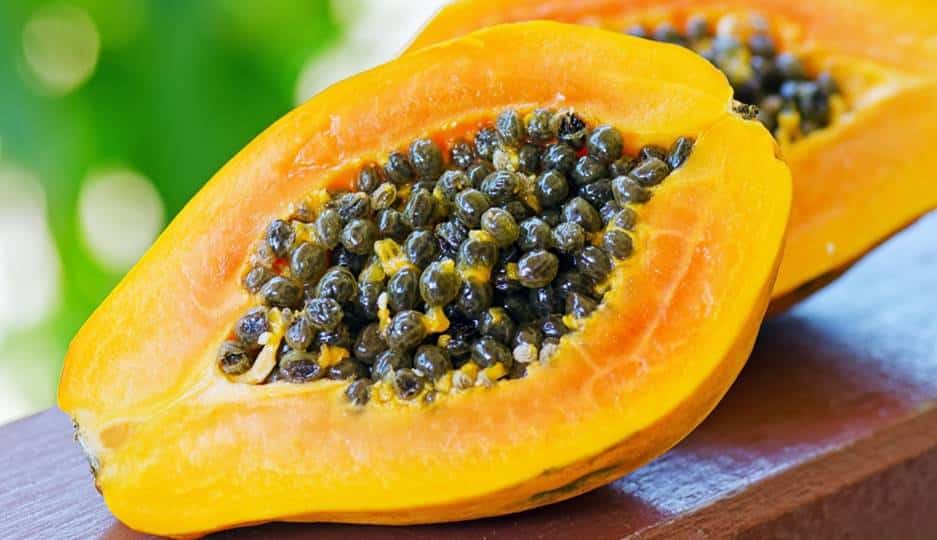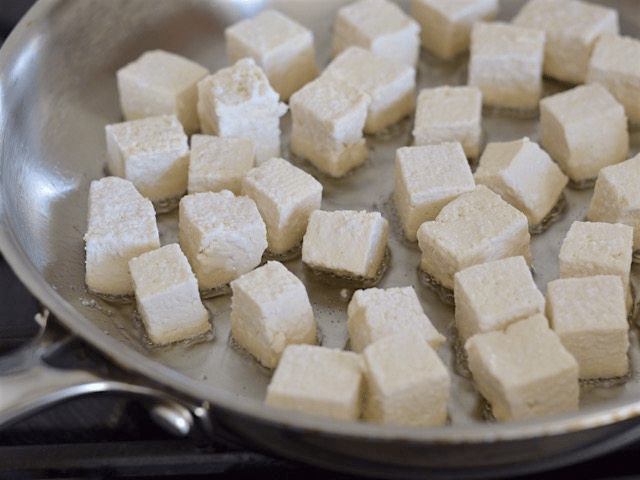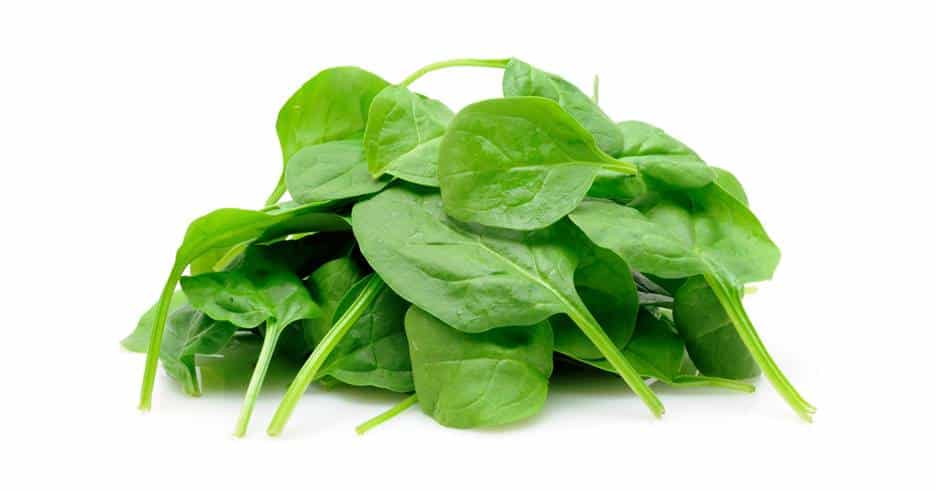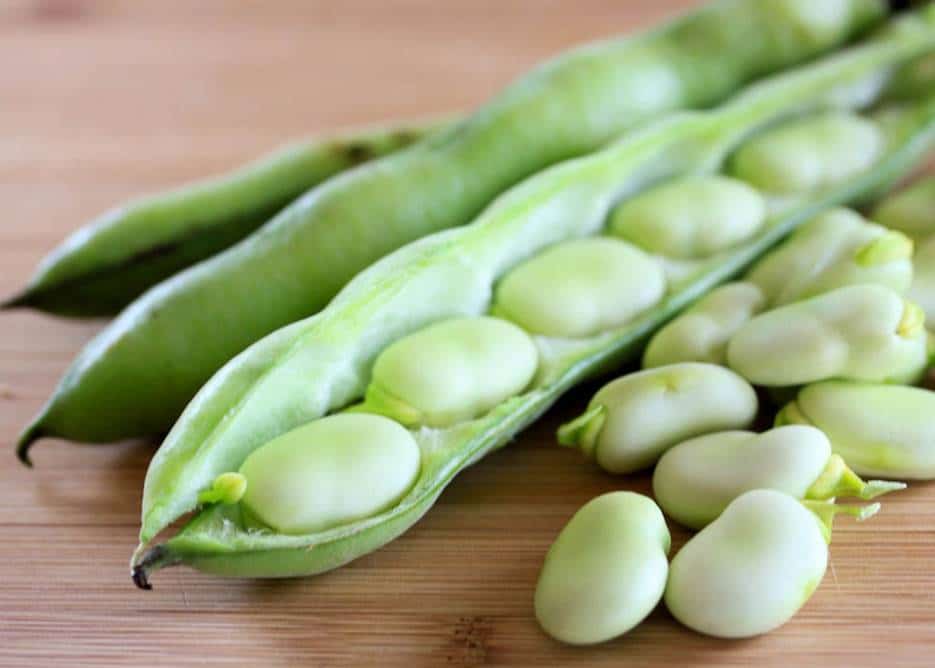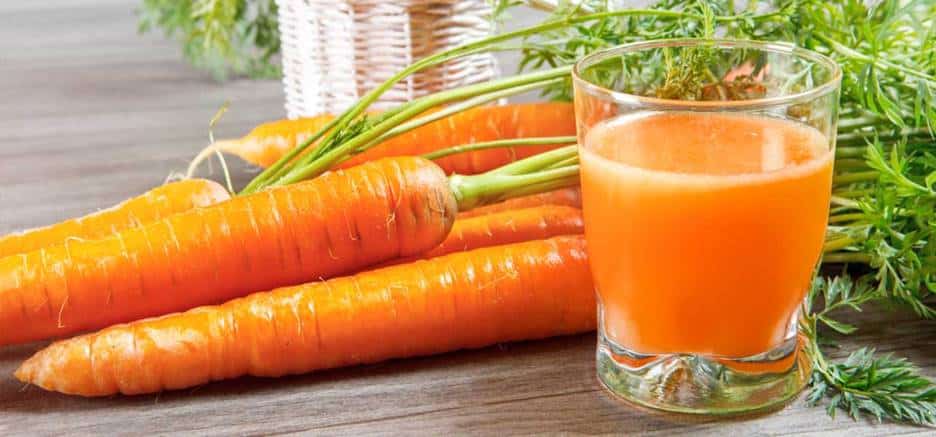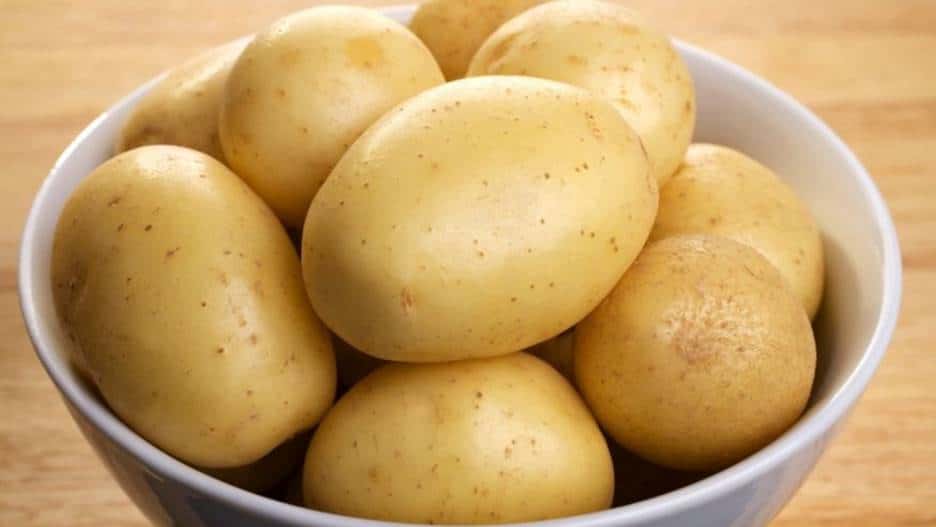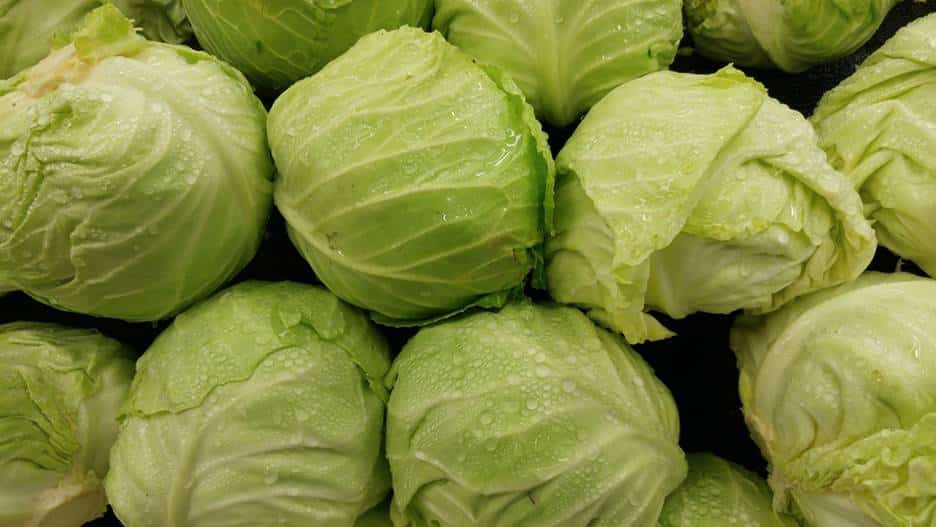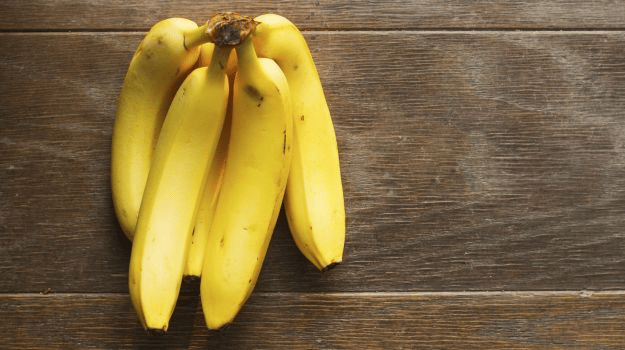Editor's Note: Regarding supplementation vs food sources,
even 10 mg, half the amount referenced at the bottom of this article, is an arbitrary and anecdotal evidence based decision by the supplement companies at this point. So being that PQQ is expensive, if you are broke consuming these foods as much as you can is not pointless as far as the PQQ goes and they are healthy for many other reasons. Another thing to think about is that you could supplement a low dose of PQQ for much cheaper and eat these foods if you want to get to the 10 mg mark and still save cash.
PQQ stands for Pyrroloquinoline Quinone. It is found within the mitochondria of cells in the body. It supports the energy transfer process in the cell and enhances the formation of new mitochondria. High levels of PQQ is also found in breastmilk. There are many proven health benefits of PQQ – it decreases free radicals and inflammation, improves reasoning and memory, protects heart against stroke, improves mood and sleep, decreases insulin resistance and increase overall metabolism. There are PQQ supplements available in the market. There are also foods high in PQQ that you can consume to make use of its benefits.
1. Natto
Natto is a fermented soybean which is a traditional food in Japan. It is made by soaking the steaming or boiling whole soybeans, adding the bacteria Bacillus subtilis afterwards then allowing it to ferment overtime. It contains 61 nanogram/gram of PQQ. It actually contains the highest amount of PQQ among foods rich in this compound.
2. Parsley
Parsley is one of the most commonly used herbs in making dishes. Its PQQ content is 34.2 nanograms/gram. The component highest in parsley is vitamin K, which is a whopping 574% of the recommended daily value! It also contains iron, copper, manganese and folate. It also has a high fiber content which can be useful as a digestive aid.
3. Green Pepper
Green pepper is packed with nutrients. Unlike other peppers, it doesn’t have capsaicin which gives peppers their characteristic spicy taste. Its PPQ content is 28.2 nanograms/gram. It is also an excellent source of phytochemicals, minerals and vitamins. It is a wonderful addition to a vast variety of dishes.
4. Kiwi
Kiwi fruit contains 27.4 nanograms/gram PQQ. This tangy and sweet fruit is full of nutrients. A good source of vitamins E, C and K. Kiwi also contains potassium, folate and antioxidants. Kiwifruits can boost our immune system, aid in digestion and can help manage blood pressure.
5. Papaya
Papaya is a tropical fruit with a lot of health benefits. There are so many ways to incorporate papaya in your daily diet. You can make a tropical fruit salad or make a smoothie out of it. Its PQQ content is 26.7 nanograms/gram.
6. Tofu
Tofu is made by coagulating soy milk that is pressed in solid white blocks. It contains 24.4 nanograms/gram PQQ. Tofu is known to reduce the risk of heart disease and is also linked to reduced risk of cancer. These are due to the isoflavones found in it that also has a lot of health benefits like PQQ.
7. Spinach
Spinach contains 21.9 nanograms/gram PQQ. It is also an excellent source of vitamins such as vitamin A, B2, B6, E and K. It is also rich in minerals including iron, magnesium, potassium, calcium, copper and manganese. It is easy to incorporate spinach in your daily diet. It can be added to vegetable drinks and smoothies, sautéed as a side dish and added to stir fried vegetables or soups.
8. Fava Beans
Fava beans, also known as broad beans, has a high concentration of vitamin K, thiamin, vitamin B6, potassium, zinc, magnesium and selenium. Its PQQ content is 17.8 nanograms/gram. Fava beans can be served cooked or raw. It is also high in fiber to aid in digestion.
9. Carrot
Carrot is a root vegetable widely used in dishes. It is usually orange in color but red, purple, black yellow and white carrots do exist. Its PQQ content is 16.8 nanograms/gram. Carrot helps improve vision due to its high beta-carotene content which is converted into vitamin A in the body.
10. Potato
Who doesn’t love potatos, right? It can be served in many ways – you can fry it, boil and mash it and add it to scrumptious dishes. It contains 16.6 nanograms/gram PQQ. It is also a good source of vitamin C, vitamin B6 and potassium. Potato is also gluten free and rich in carbohydrates that promotes energy.
11. Cabbage
Cabbage contains 16.3 nanograms/gram PQQ. It is also an incredible source of protein, dietary fiber, vitamin K, vitamin C, folate, calcium, potassium and manganese. Cabbage has fantastic health benefits. It can help delay aging process, prevent cancer, promotes good vision, relieve constipation and boost mental function.
12. Banana
Banana is among the most popular fruits. It contains 12.6 nanogram/gram PQQ. An excellent source of potassium, vitamin B6, Vitamin C, magnesium, fiber and carbohydrates – it is one of the most delicious and extremely healthy fruits.
Supplements vs. Food Sources
PQQ supplements are available in the market as 20 mg capsules. It is taken once to thrice a day. To reach the 20-mg mark, you must consume pounds and pounds of food at once, which is nearly impossible to achieve. Taking supplemental PQQ is proven safe so it’s worth the gamble.
https://optinghealth.com/foods-high-in-pqq/
